Minimising food waste and maximising the life spans of the food you buy
BY ANNETTE TAN, 22 DEC 2022
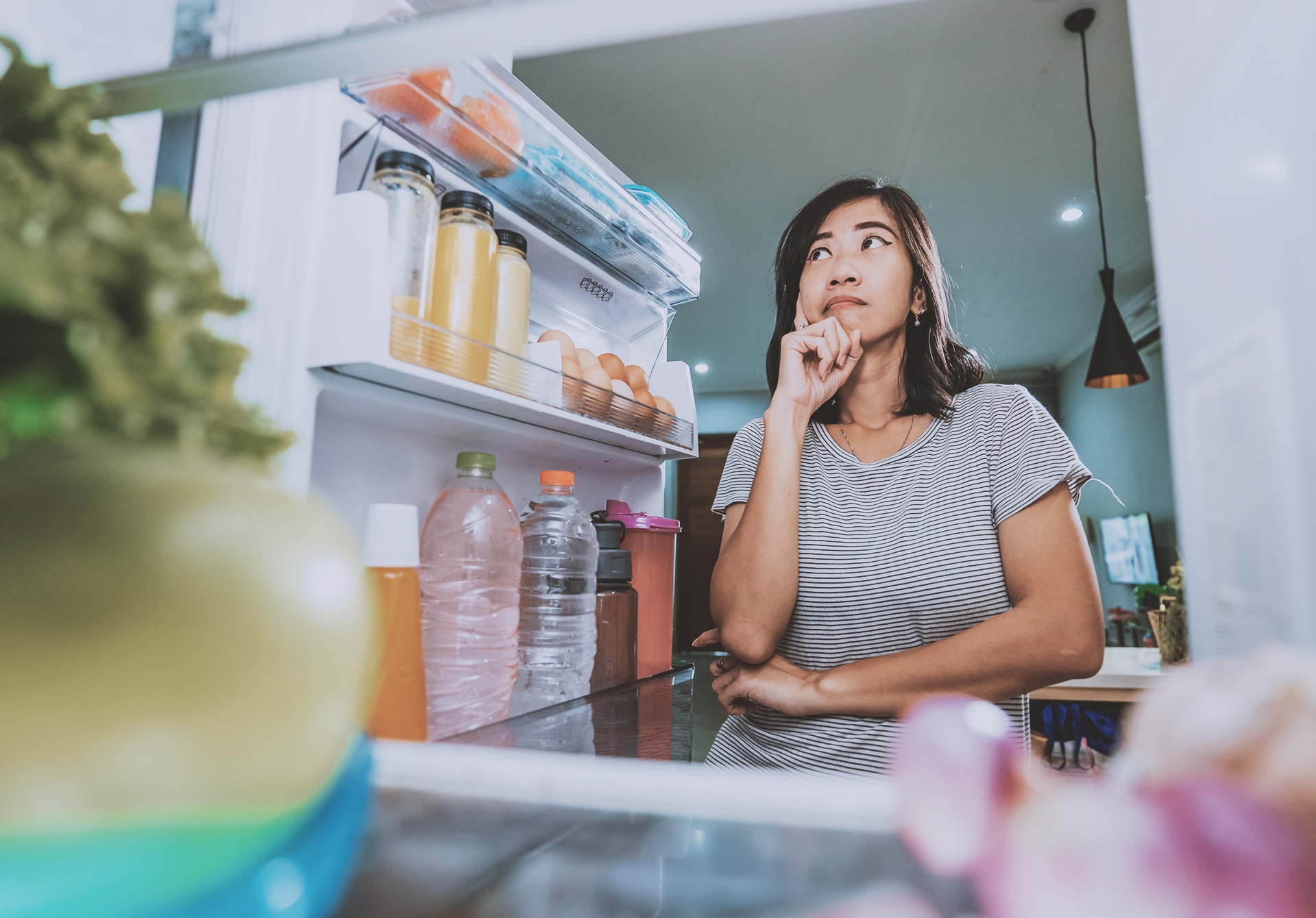
When making ingredients last, the freezer is often your best friend
It’s an oft-repeated refrain: everything is so expensive these days. Inflation is real and many of us are feeling its force, particularly in the grocery department where produce can cost twice or three times what it used to. Making quality choices and making our ingredients last are more important than ever. In that spirit, here are yet more ways to save money and maximise the shelf life of the foods you buy.
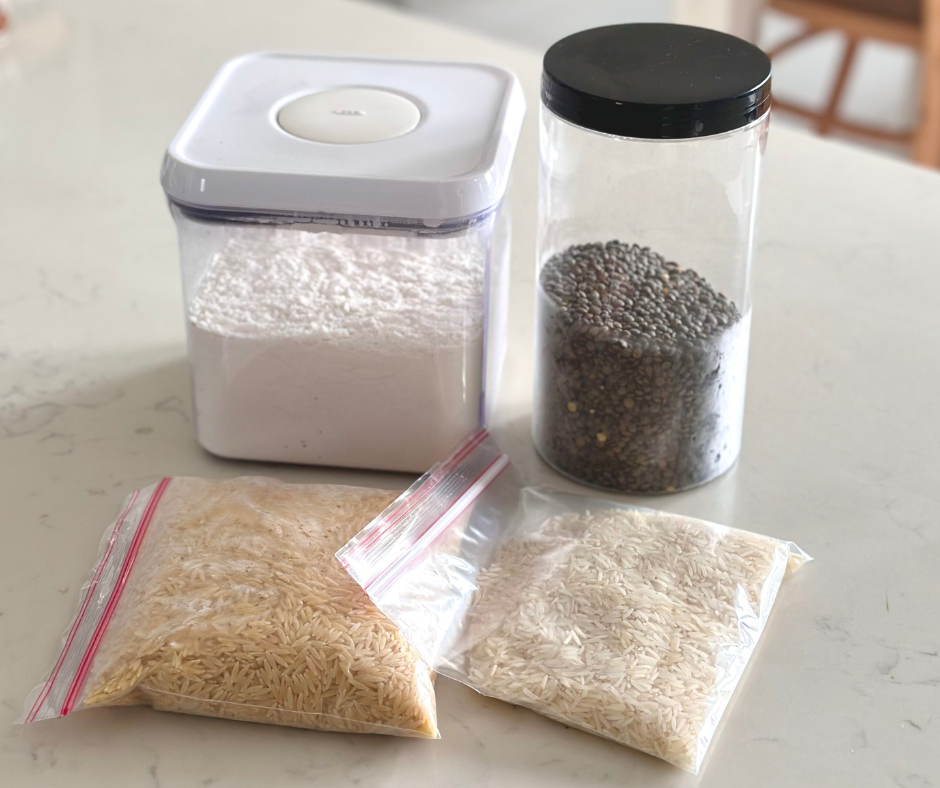
Make space for dry ingredients in your fridge
Most of us are used to storing staples like rice, flour, beans and dried noodles in the pantry at room temperature. But Singapore’s tropical humidity can accelerate the shelf life of these ingredients. It makes sense then to clear a drawer or shelf in the fridge for these items. Flour can last up to a year in the fridge compared to three months in room temperature. If you freeze flour, it will last up to two years. Rice is best kept in a clean airtight container in the fridge or freezer so that it does not absorb any moisture. The best part: no weevils, which cannot survive without oxygen or in freezing conditions.
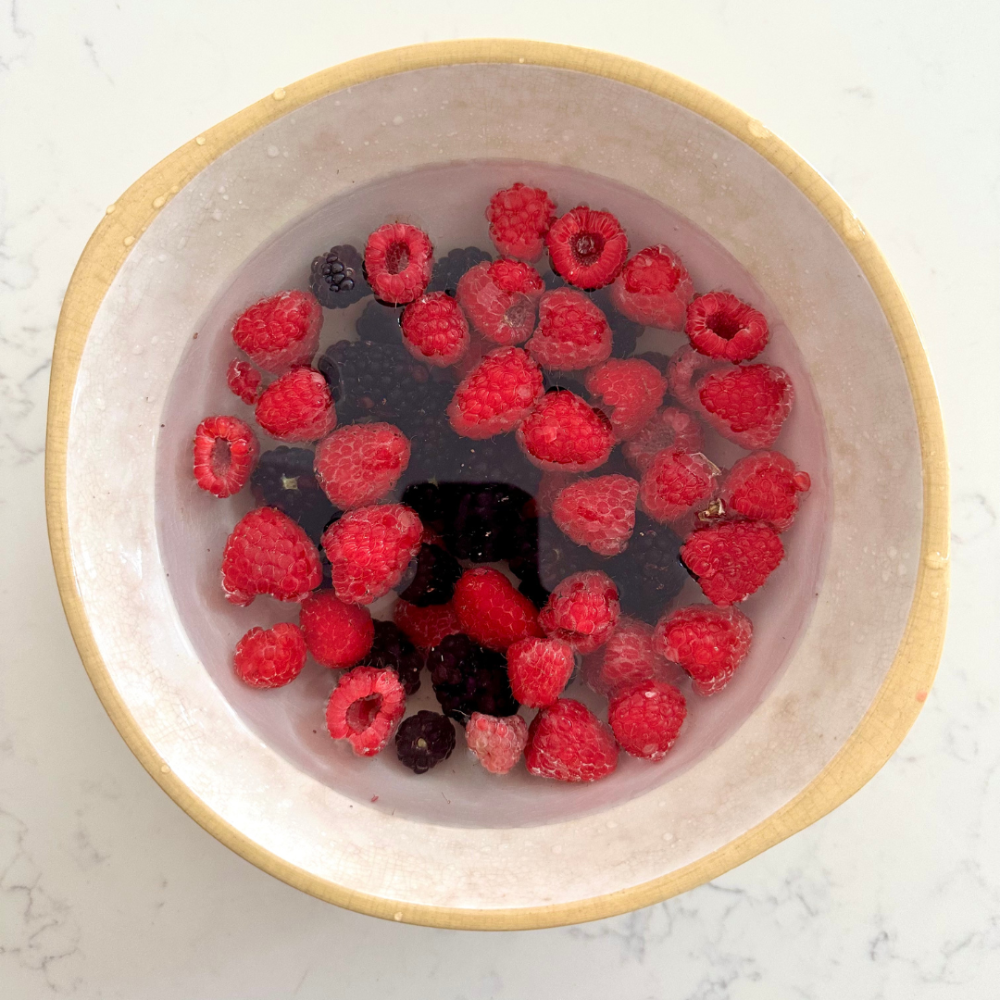
Wash berries in a vinegar solution
Berries are notorious for quickly deteriorating in the fridge. That’s because they are porous and delicate-skinned, so they easily soak up moisture from the environment. They also carry mould spores that flourish with moisture. The remedy: Mix one part distilled vinegar with 10 parts water. Plunge your berries in this solution, give them a swirl and drain. Roll them around on a dry kitchen towel or paper towels to dry them off. Then, refrigerate in a clean container lined with paper towels. The vinegar, which you won’t taste, helps kill bacteria and mould. Using this method, your berries will last at least a week or two longer in the fridge.
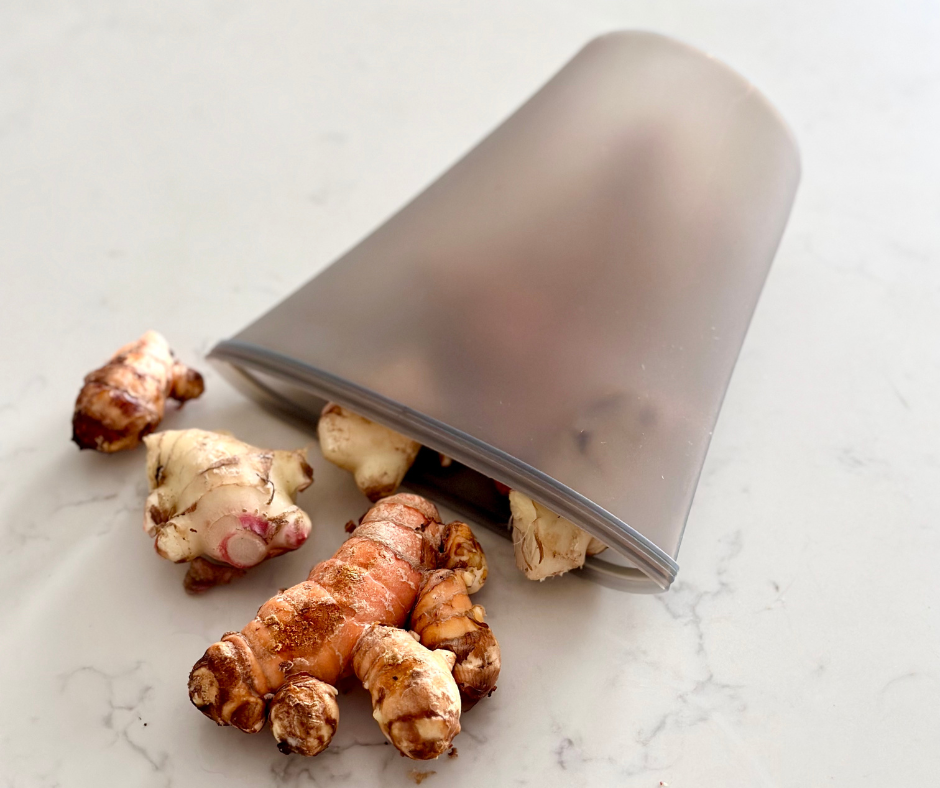
Store root gingers in the freezer
If you don’t shop at wet markets, it can be hard to purchase the singular amount of ginger you would typically need to make a dish. Most stores sell ginger in a pack, which means by the time you’re done cooking, you’re left with more ginger than you’ll need for weeks. To make ginger last (and by ginger, we mean all manner of root ginger such galangal, turmeric and sand ginger), store them sliced or whole in a bag in the freezer. Whenever you need ginger for a recipe, take some out, grate what you need and return what’s left to the freezer. Freezing ginger root also makes them easier to peel.
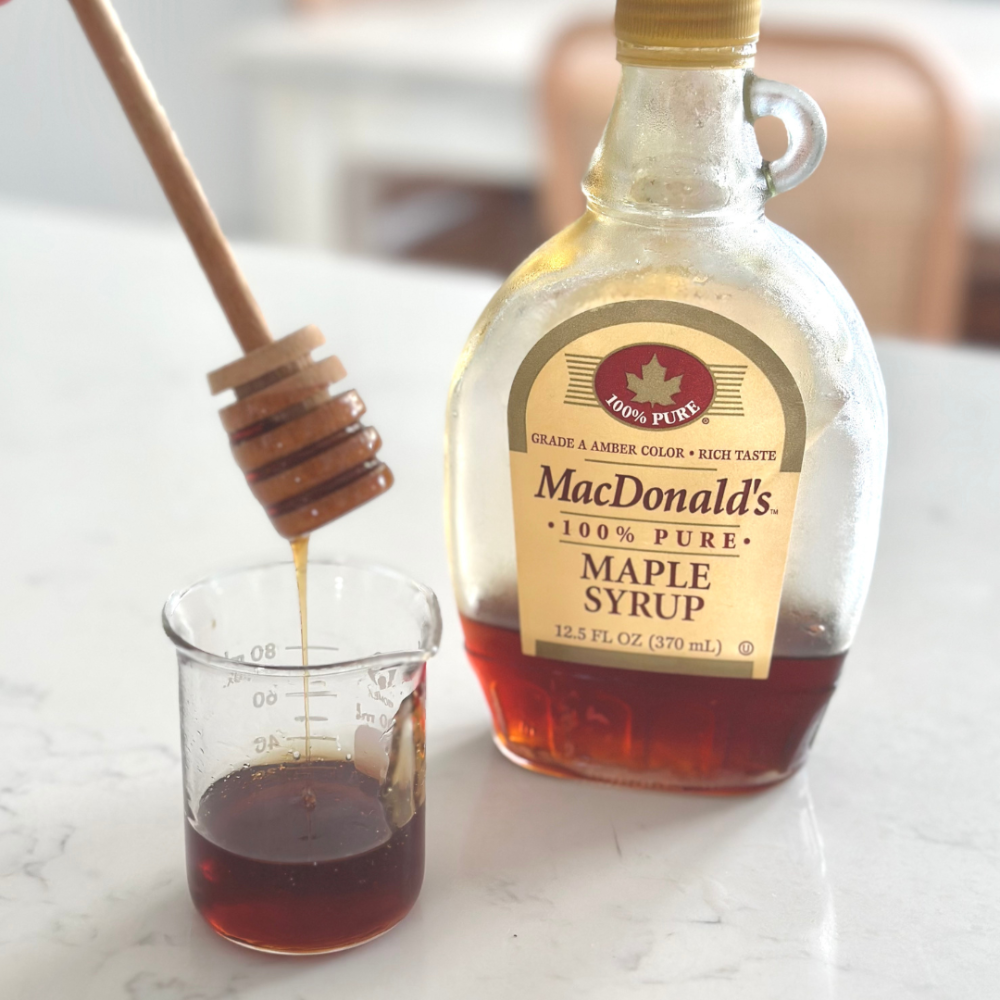
Freeze maple syrup
Good maple syrup isn’t cheap and unless you’re eating pancakes every day, you are only going to use a little at a time. This means you are unlikely to use up all that maple syrup before its expiry date. The good news is that maple syrups’ high sugar content means it never freezes solid. So store that top-grade bottle of maple syrup in the freezer and it’ll have an indefinite shelf life.
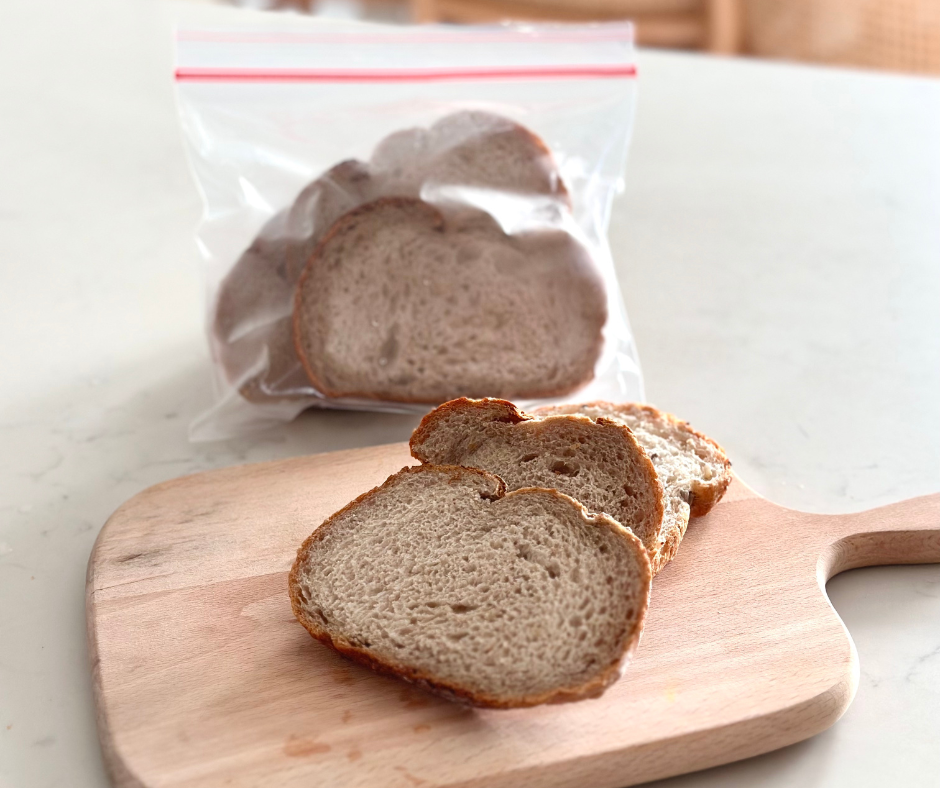
Slice and store bread in the freezer
Love those artisanal loaves of sourdough but find it hard to consume it all before it goes stale? Slice the loaf, place the slices in bags and store them in the freezer. Whenever you want a slice (or three), spray the bread with water or rub it with an ice cube, and warm in the oven till soft or crisp. Bread will keep in the freezer for months.
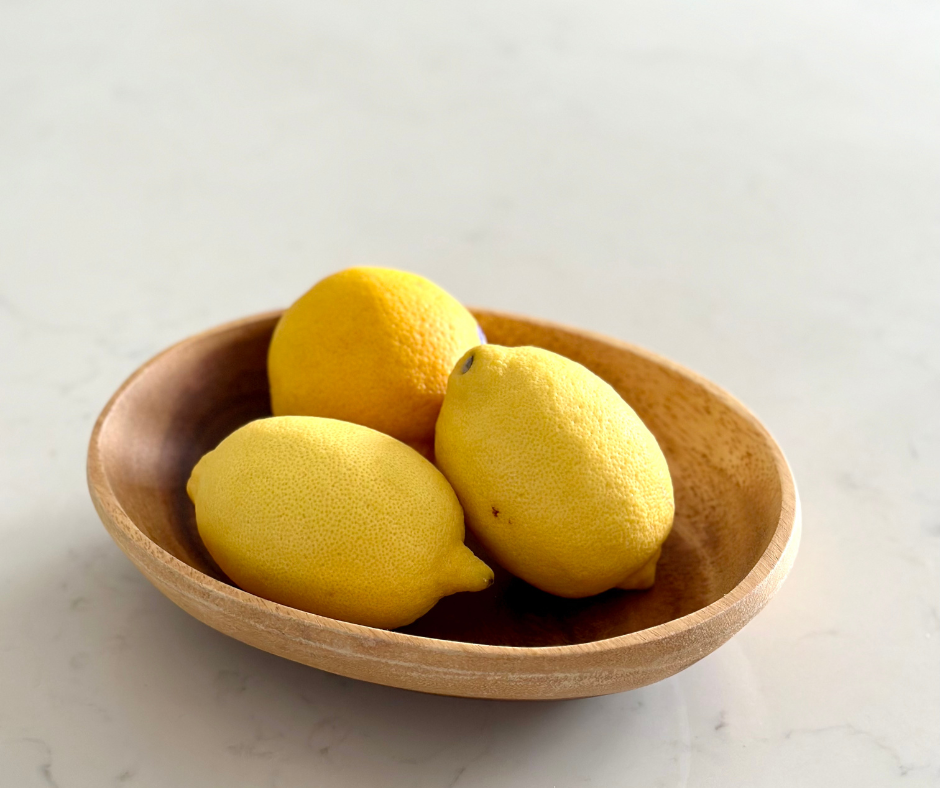
Make those lemons last
At room temperature, lemons stay fresh and perky for up to a week. In the fridge, sealed in a plastic bag or airtight container, lemons will last for up to a month. To preserve a cut lemon, wrap in cling wrap and refrigerate for up to 5 days or freeze for several months. Frozen lemon pulp will be soft, but they are perfectly fine for use in cooking. Alternatively, juice your lemons and freeze the juice in ice cube trays before transferring them to a bag to store for up to four months. Now you have lemon juice for any recipe that calls for it.
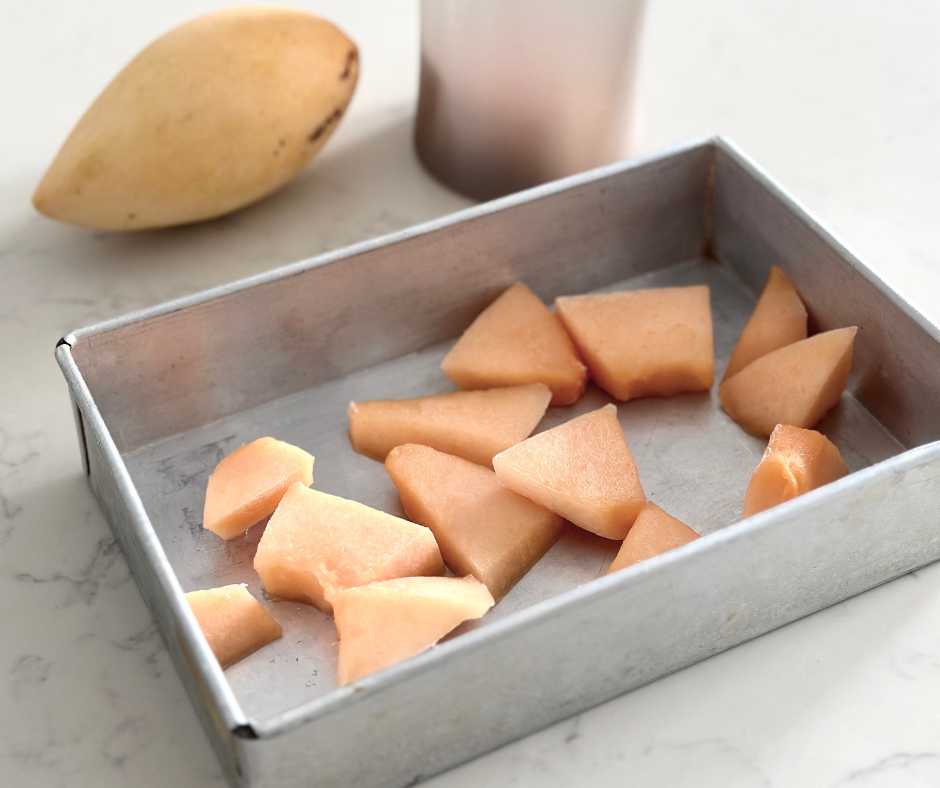
Freeze your fruit
When you have leftover fruit, slice and place them on a sheet pan in the freezer. Once frozen, place them in a freezer-safe bag or container and freeze for up to six months. Freezing fruit will change their texture, but frozen fruit are great for making smoothies or sorbets, or for baking. Frozen grapes, by the way, are delicious snacks on hot days.
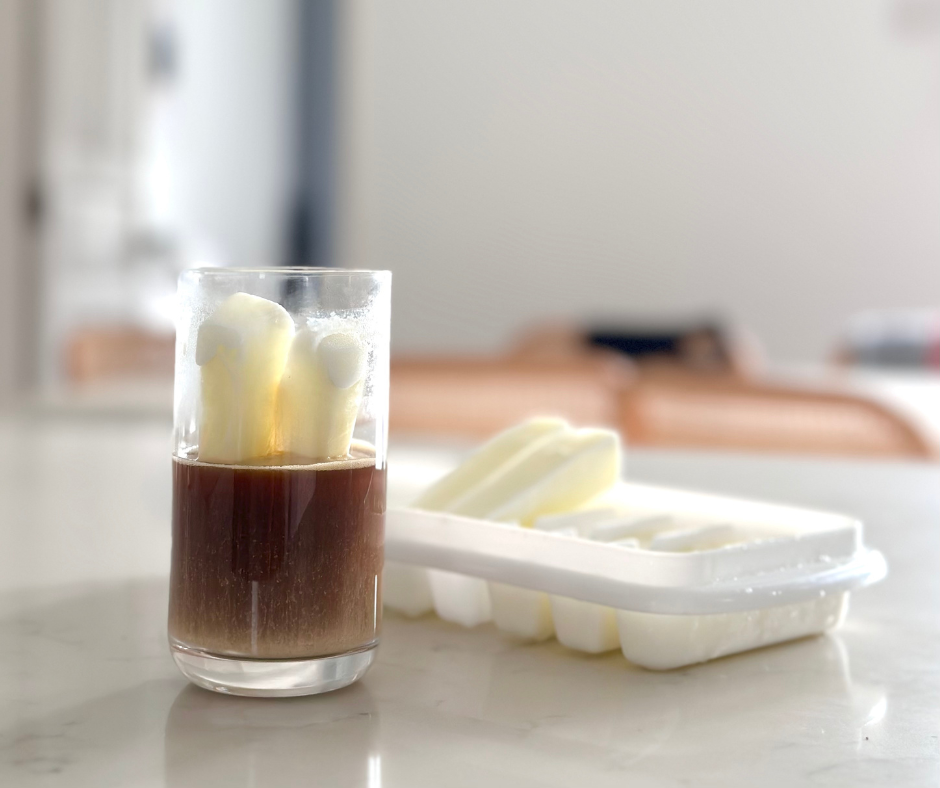
Freeze your milk
Freezing works well for dairy or coconut milk too. Portion them in ice cubes so you can add them to your coffee and viola! Perfect iced lattes. Coconut milk can be portioned in little bags and added to curries and other dishes that call for them.
These hacks will help your edible food last longer so they are at your disposal when you need them, saving on unnecessary grocery runs and costs. The best part is that with food waste and loss being a key contributor to climate change, it can all add up and contribute to a healthier planet. Adopting a few easy habits on food waste management can mean eating better for you and the earth.